What a weird world we inhabit when it comes to popular culture or indeed to any culture high or low. Recently we wanted to have a look at that grand old film The African Queen directed in 1950 by the great John Huston in the wake of The Maltese Falcon and Treasure of the Sierra Madre with Humphrey Bogart at his most earthy and Katharine Hepburn at her most stately, improbably sharing a small imperilled boat in the waters of German East Africa during the first world war.
Already a subscriber? Log in
Subscribe for just $2 a week
Try a month of The Spectator Australia absolutely free and without commitment. Not only that but – if you choose to continue – you’ll pay just $2 a week for your first year.
- Unlimited access to spectator.com.au and app
- The weekly edition on the Spectator Australia app
- Spectator podcasts and newsletters
- Full access to spectator.co.uk
Unlock this article
You might disagree with half of it, but you’ll enjoy reading all of it. Try your first month for free, then just $2 a week for the remainder of your first year.

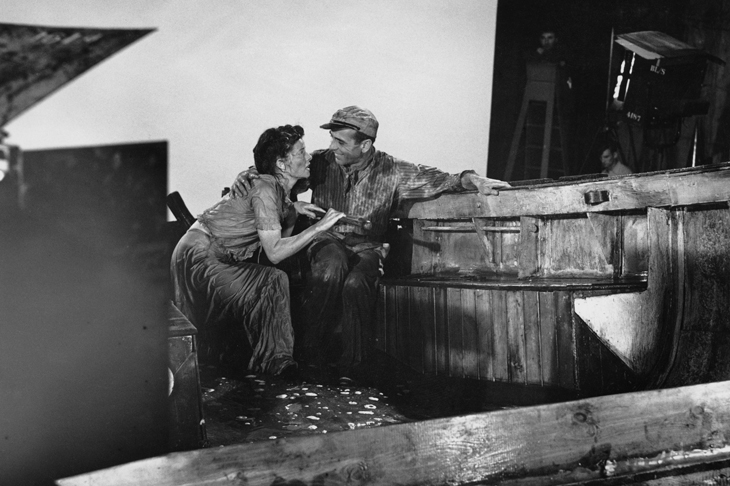
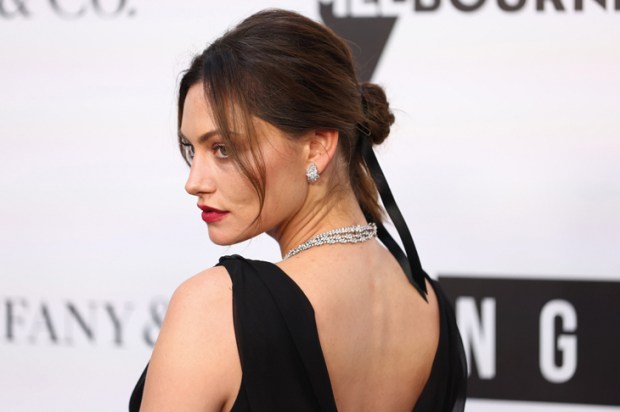
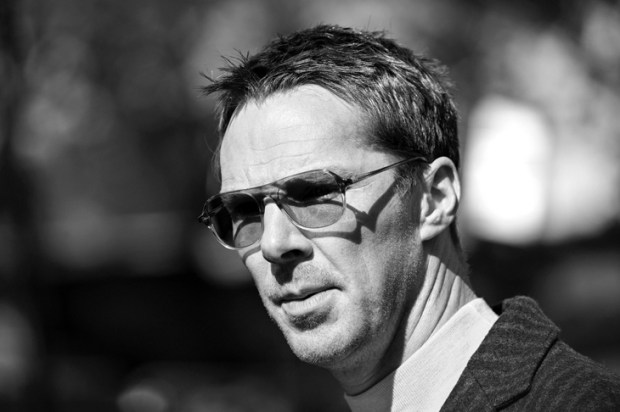
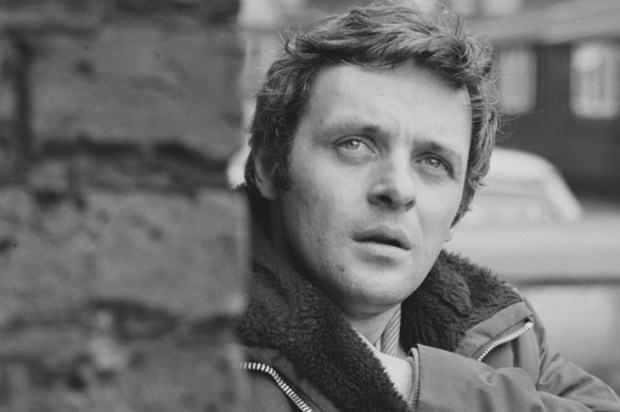
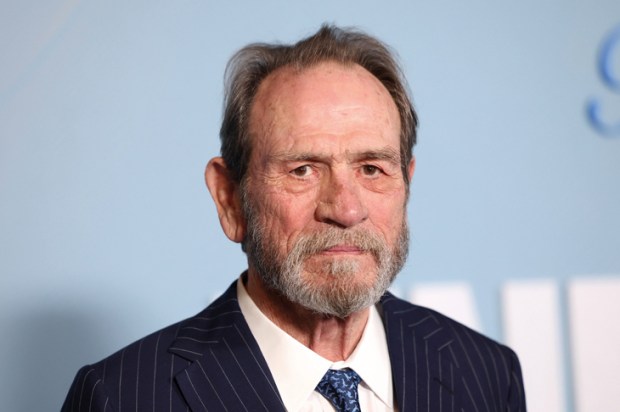








Comments
Don't miss out
Join the conversation with other Spectator Australia readers. Subscribe to leave a comment.
SUBSCRIBEAlready a subscriber? Log in